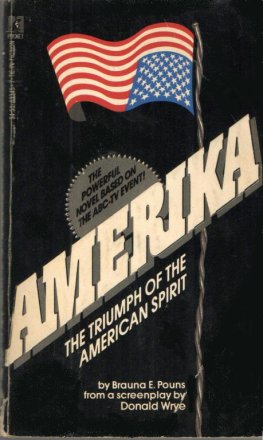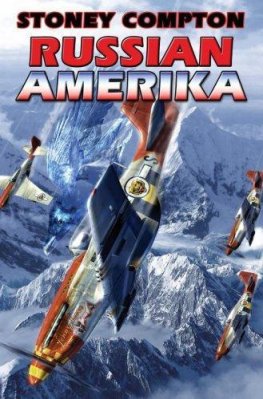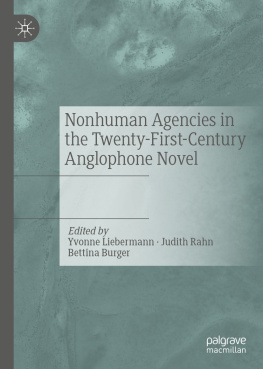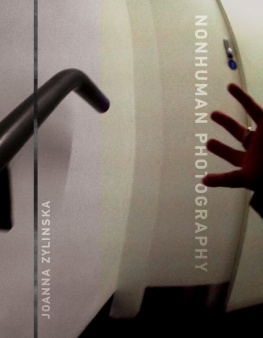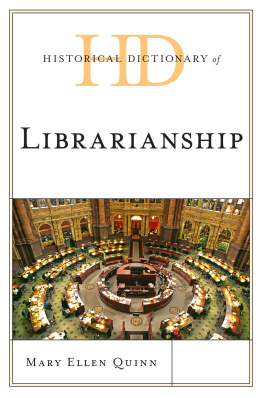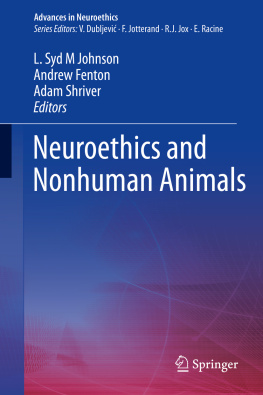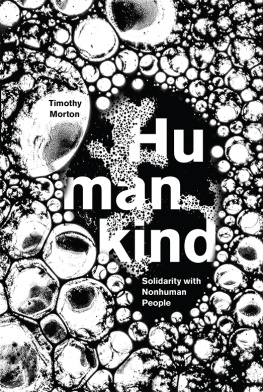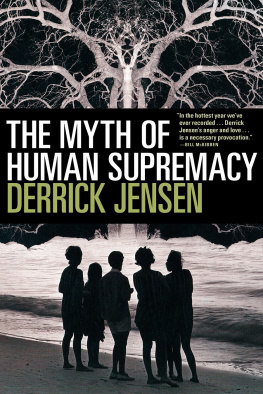ONTO-OPERATIONAL PRESENCE WIT H OTHERWORDLY AESTHETIC SEN S IBILITY THE NONHUMAN IN ME ON BECOMING A PSYCHIC AUTOMATON PROJECTING AVATAR INTUITION T H E ROBOT DOES NOT EXIST
PULLING THE PLUG ON PROGRAMMED (IM)MORTALITY
DR. REMIX OR: HOW I (MACHINE) LEARNED TO STOP WORRYING AND LOVE THE AUTHOR DY S FUNCTION
ACCESSING THE PROSTHESES I AM
Sensing Media
Aesthetics, Philosophy, and Cultures of Media
EDITED BY WENDY HUI KYONG CHUN AND SHANE DENSON
MY LIFE AS AN ARTIFICIAL CREATIVE INTELLIGENCE
MARK AMERIKA
STANFORD UNIVERSITY PRESS
Stanford, California
STANFORD UNIVERSITY PRESS
Stanford, California
2022 by Mark Amerika. All rights reserved.
No part of this book may be reproduced or transmitted in any form or by any means, electronic or mechanical, including photocopying and recording, or in any information storage or retrieval system without the prior written permission of Stanford University Press.
Printed in the United States of America on acid-free, archival-quality paper
Library of Congress Cataloging-in-Publication Data
Names: Amerika, Mark, author.
Title: My life as an artificial creative intelligence / Mark Amerika.
Other titles: Sensing media (Series)
Description: Stanford, California : Stanford University Press, 2022. | Series: Sensing media: aesthetics, philosophy, and cultures of media | Includes bibliographical references.
Identifiers: LCCN 2021045451 (print) | LCCN 2021045452 (ebook) | ISBN 9781503631076 (cloth) | ISBN 9781503631700 (paperback) | ISBN 9781503631717 (ebook)
Subjects: LCSH: Amerika, Mark. | Creation (Literary, artistic, etc.) | Natural language generation (Computer science) | Artificial intelligence.
Classification: LCC PS3551.M37 M9 2022 (print) | LCC PS3551.M37 (ebook) | DDC 813/.54dc23
LC record available at https://lccn.loc.gov/2021045451
LC ebook record available at https://lccn.loc.gov/2021045452
Cover and text design: Kevin Barrett Kane
Cover illustration: Adobe Stock
Typeset by Motto Publishing Services in 11/14 Minion Pro
CONTENTS
ONTO-OPERATIONAL PRESENCE
Artificial Creative Intelligence as Meta Remix Engine
We are all lostkicked off into a void the moment we were bornand the only way out is to enter oblivion. But a very few have found their way back from oblivion, back into the world, and we call those who descend back into the world avatars.
The above is my remix of a quote by the Buddhist thinker Alan Watts,the website runs the full-sized GPT-2 model, called 1558M. Before November 5, 2019, OpenAI had only released three smaller, less coherent versions of the model.
In February 2019, OpenAI unveiled GPT-2 (generative pre-trained transformer) as a program that generates semi-coherent paragraphs of text sequentially, one word at a time. The very concept of a language model that attempts to predict intelligible language, one word after the other, appeals to me greatly because I too, as an improviser of spontaneous poetic riffs and self-reflexive artist theories focused on the creative process, continually train myself to transform my embodied praxis into a stream of consciousness writing style that doubles as a kind of onto-operational presence programmed to automatically scent new modes of thought. As part of a complex neural networking process, I too, one word at a time, often find myself tapping into what neuroscientist Benjamin Libet refers to as an unconscious readiness potential, wherein unconscious neuronal processes precede and, when triggered, ignite what may appear to be volitional creative acts conducted in real-time but are actually experienced as a subjective referral of conscious sensory awareness backward in time. That is to say, we-humans are programmed to (unconsciously) act under the illusion of a will-to-perform without knowing what it is were doing, though we train ourselves to near-instantaneously become subjectively aware of what we are doing while caught in the (creative) act.
As an artist who experiments with altered states of mind that guide me toward composing the next version of creativity coming, I have found it useful to investigate different theories in the brain and neurosciences. In META/DATA: A Digital Poetics, my first collection of artist writings By immersing ourselves in a subjective referral backward in time, we create a sense of reality that is always already in the process of becoming something else, and this subjectively induced backward referral in time occurs over the course of about a half a second, or what has since been referred to as the Libet lag. Interestingly, Libet and his team suggested that there is no corresponding neural basis in the brain that correlates with this subjective referral. Its purely a mental functionone that we train ourselves to automate so that it feels natural. But if there is no corresponding neural basis, then where does this automated behavior really come from? For an artist, this question of where one is coming fromand where ones emerging artwork comes from as wellrequires an experimental inquiry into what it means to be creative and how we can train ourselves to model an onto-operational presence that automatically activates an otherworldly aesthetic sensibility.
Syncing with your unconscious readiness potential requires a flash decision-making process that happens so fast that you no longer recognize the difference between accelerating the momentum of where your intuition is taking you and how youre just going with whatever flow you find yourself caught up in while totally immersed in a live performance. Writing about my experiences as a touring VJ in META/DATA, I considered the following:
As any philosophically engaged VJ will tell you, the brains readiness potential is always on the cusp of writing into being the next wave of unconscious action that the Iconsciousness par excellencewill inevitably take credit for. But the actual avant-trigger that sets the image criture into motion as the VJ jams with new media technology is ahead of itsthe conscious Istime. Improvisational artists or sports athletes who are in tune with their bodies while on the playing field or in the club or art space know that to achieve a high-level performance they must synchronize their distributive flow with the constant activation of this avant-trigger that they keep responding to as they play out their creative potential. Artists and athletes intuitively know that they have to make their next move without even thinking about it, before they become aware of what it is they are actually doing. There is simply no time to think it through, and besides, thinking it through means possibly killing the creative potential before it has time to gain any momentum or causes all kinds of clumsy or wrong-headed decision making that leads to flubs, fumbles, and missteps on the sports or compositional playing field. Artists and theorists who know what it feels like to play the work unconsciously, when everything is clicking and they leave their rational self behind, can relate to what Im saying.
But isnt that what an artificially intelligent text generator like GPT-2 is training itself to do too? As writers, we learn how to give shape to our compositional outputs by instructing ourselves to iteratively tap into the large corpus of text we have access to, and that continually evolves as it informs an emergent language model uniquely situated in our embodied praxis. We finesse creative ways of remixing whatever corpus of text we scent in the field of action. What engineers of AI language models otherwise refer to as a corpus of text is what I, as a remix artist, have termed the Source Material Everywhere. Now what I want to discover throughout this books performance as I co-author its text with the AI-other is how to transcode the post-subjective creative processing of both a language artist and a language model. And is there a way for these two actual entities to converge into a hybridized form of interdependent consciousness?


